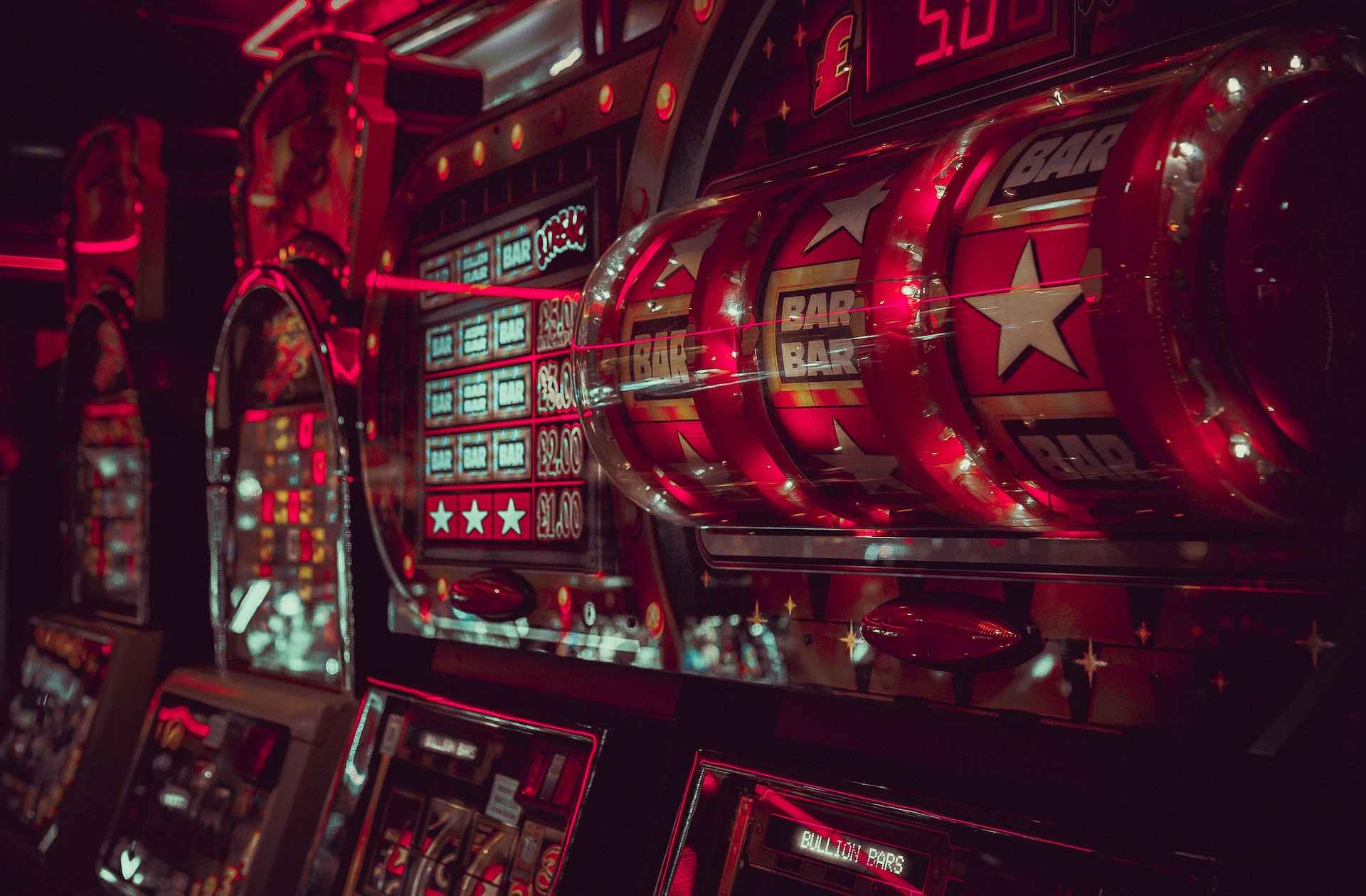In the distant past, gambling first appeared. Several thousand years before Christ, archaeologists discovered various dice prototypes. It is thought that these objects were first employed in divination and magical rituals before becoming associated with gambling. In the past, there was a widespread culture of gambling. The so-called Circus, a public space where people may play craps and put wagers, was established in ancient Rome in the sixth century BC. Would you like to try one of the oldest forms of entertainment? One of the oldest customs is being practised today without the need to go to Monaco.
People from all eras and generations have enjoyed a small wager throughout history, making gambling a permanent feature of society. Chinese records from around 2300 B.C. mention gambling for the first time, and dice from the ancient Egyptians, who enjoyed playing dice games with one another at that time, have also been discovered. It's nearly impossible to pinpoint the precise time when gambling was created, but we can pinpoint the creation of the first legal casino.
The first legal gambling business in Europe opened in Venice in 1638, marking the beginning of the history of the actual casino. The casino's name was Il Ridotto. The name "casino" is derived from an Italian term that means "a small house." This word's etymology can be understood by the fact that private homes were where gambling took place prior to the first legal casino opening. The crowd was frequently amused with dancing and music in addition to gambling. Drinks and lunches were also provided. The il Ridotto casino is thought to have been created to provide entertainment through gambling during the legendary Venetian funfair. The gambling establishment was only accessible to the wealthy. The wagers were substantial in each case.
Casinos started to proliferate quickly outside of Italy despite numerous church sermons condemning "the sinful nature of gambling" and government gambling bans. The casino trend made its way to France, Italy's neighbour, in 1765. Of course, our nation's capital city of Paris is where the first casino ever established. Cardinal Mazarin made this possible by hoping to restock the public coffers with the help of gambling industry levies. The roulette game, which was unique to this casino and immediately became popular with a huge number of players. The first casinos began at the start of the 18th century in other European nations.
The 19th century was the height of European casinos. As the interiors grew more opulent, the level of comfort in the service also increased. Every self- respecting individual was required to appear at a casino, which has evolved into a venue for debate on hot political topics. Despite the widespread excitement for casinos among affluent residents, towards the end of the 19th century, most casinos in Europe had to close as a result of changes to the gambling laws. The sole casino that remained open was Monte Carlo, which did not have any gambling limitations. The little principality of Monaco also started to gain popularity at the close of the 19th century. Share your thoughts about Casino at the Write For Us Casino category.








0 Comments